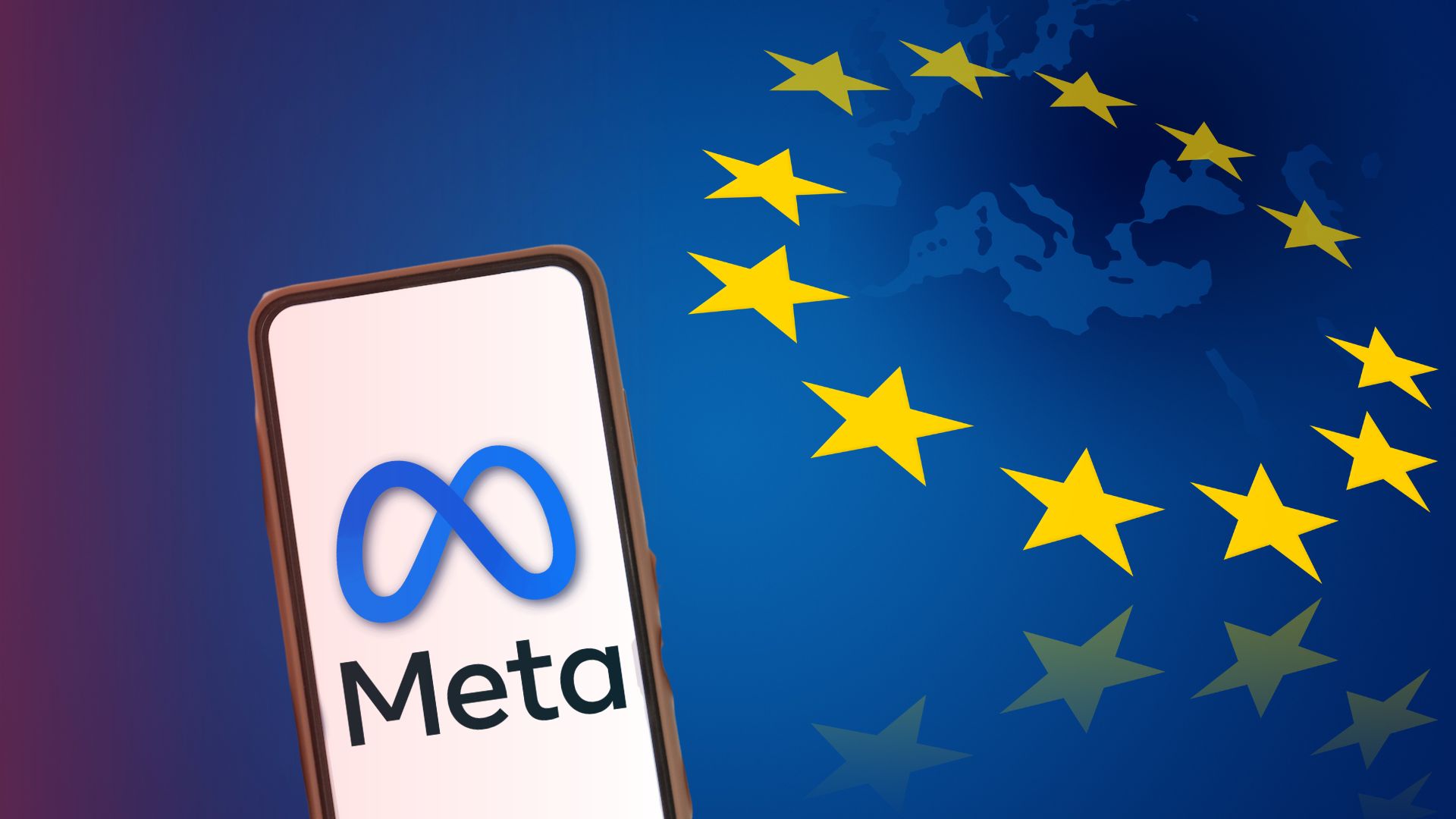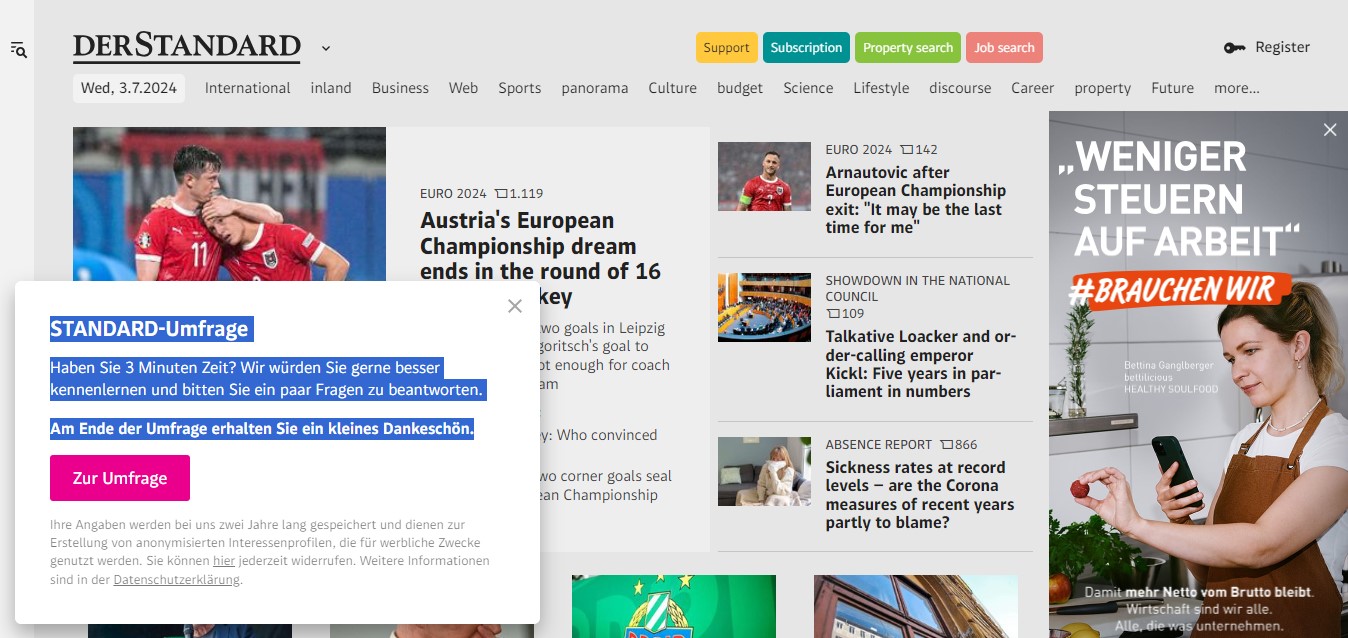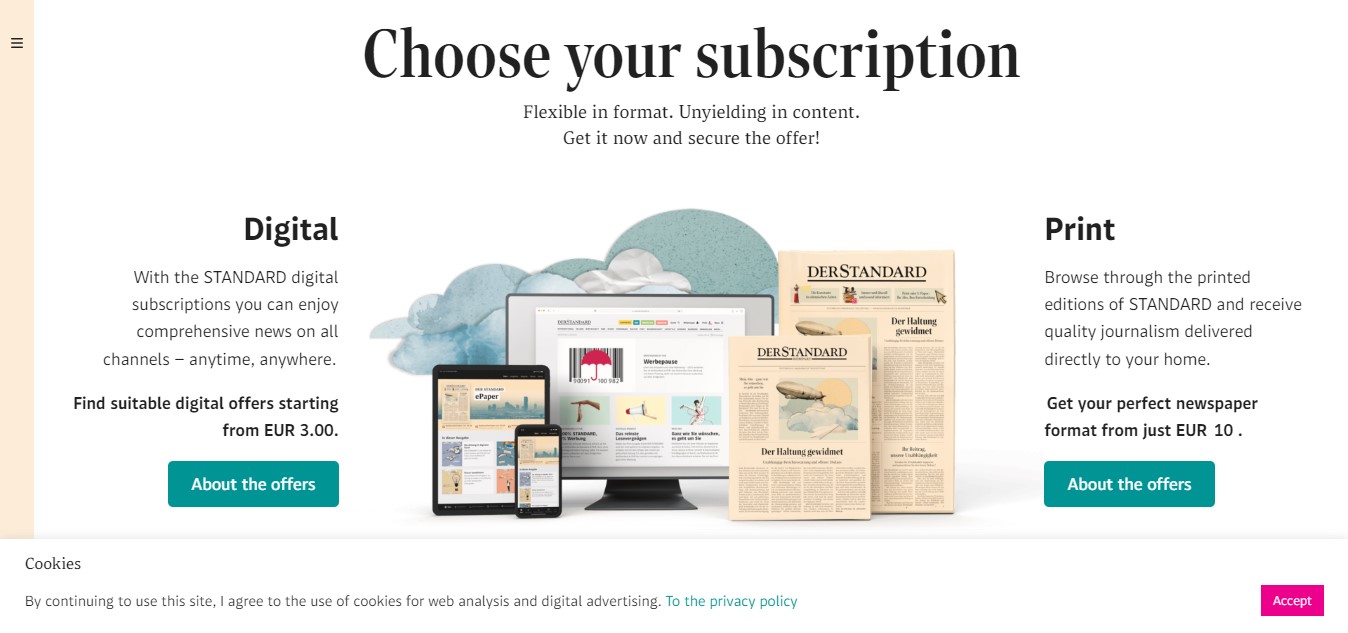The forced “Pay or Consent” model from Meta caused the EU (European Commission) to take heavy action.

Image source: Ngantech
The European Union charges Meta for violating the EU’s Digital Markets Act (DMA) laws for the “Pay or Consent” advertisement model. This issue has occurred since November 2023, and most privacy activists have submitted this problem even earlier.
What is the “Pay or Consent” advertisement model from Meta?
When people use Meta, they’ll receive personalized ads based on their activities in Meta. The problem is people cannot turn off these personalized ads other than paying for the no-ads version, which costs €9.99 ($10.72)/month on the web and €12.99 ($13.94)/month on iOS and Android. Remember that these payments have separate versions, so if they have already paid for the web version, they need to pay again if they want to use Meta on their smartphone. Assuming they pay for both versions, one person must pay €275.76 ($295.92)/year to use Meta with no ads.
Because of the problem above, the European Union decided to put the charge for this DMA tech violation, and Meta must pay a 10% fine from its company’s global annual turnover.
The “Pay or Consent” was an adoption, not the invention from Meta
The “Pay or Consent” advertisement model was implemented first by Der Standard, the Austrian liberal newspaper. Der Standard gave customers the option to agree to send customers personal data for advertisement purposes or pay a subscription for €8.90/month or €107/year. The reason Der Standard did this is because they wanted to support journalistic websites. They were currently experiencing a big loss of advertising revenue since big platforms like Google and Meta had already taken the whole revenue. Meta company saw this and decided to adopt this method too, but as a result, it ended up with a big loss instead from the European Union.

Der Standard journalistic homepage with translated English version (Image Source: Der Standard)
Der Standard subscription method was different from Meta. Der Standard also allows their readers to read their news offline as the ePaper for €8.00. Their subscription is quite varied, and if you don’t understand the Germany language, you need to use Google Translate first to understand the big part of their subscription.
You can see Der Standard subscriptions here

Der Standard subscription offers with translated English version (Image Source: Der Standard)
Meta rolled back the “Pay or Consent” advertisement model after EU violation
Since Meta received the charge from the EU, Meta decided to roll back that advertisement model. Meta stated their subscription method follows the direction of the European highest court and complies with the DMA. Meta is also ready to bring this investigation to the European Commission for improvement.
EU antitrust chief, Margrethe Vestager said “We want to empower citizens to be able to take control over their own data and choose a less personalized ads experience.”
The Commission still has time until March 2024 to finish Meta’s “Pay or Consent” advertisement issue.
The “Pay or Consent” advertisement also costs them on Apple’s agreement.
In late June 2024, Apple and Meta are trying to collaborate to improve their AI assistants. However, after Apple heard about the flaws in Meta’s AI, LlaMa 3, Apple refused to cooperate and decided to delay this agreement until Meta can improve its security or even stop it because of this issue.
Comparing Apple’s EU Violation and Meta’s EU Violation
Although Apple and Meta received the violation from the European Union, they have different violations. Apple’s violation prohibits developers from offering cheaper options to customers by accessing third-party markets, and this problem almost has no relation to user privacy. Meta’s violation involves breaching user privacy, forcing customers to set “personalized ads,” if they want to remove those ads, they need to pay for it.
Closing Words
Meta’s business system is affecting the business for smaller sections and Meta still wants to keep bringing more revenue by using the method from someone else. Still, the European Union won’t keep this from happening again and took massive action. Meta is already a big company, and it seems they keep doing their best without realizing that smaller companies also need revenue to live.


